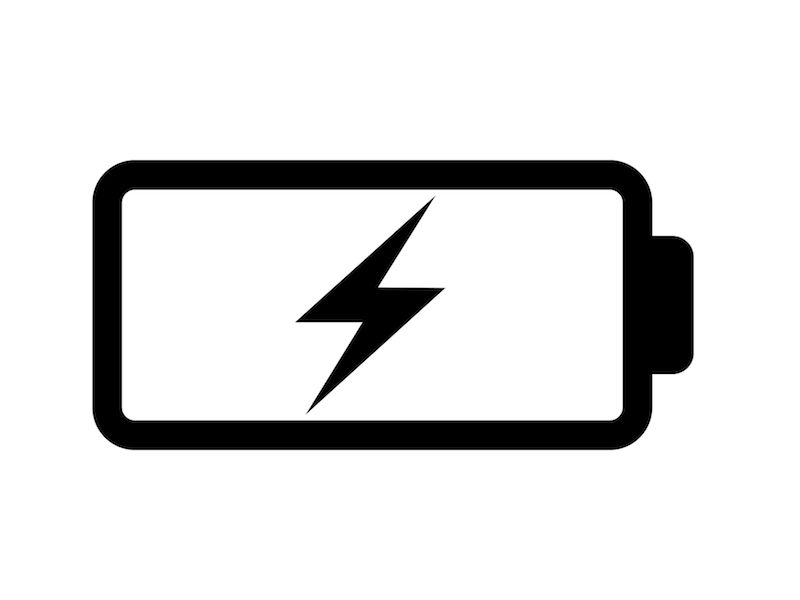
Rechargeable hearing aids are designed so that you’ll need to stress less about running low on batteries, but the technology may also make you a little nervous when you rely on your devices to hear. Do rechargeable hearing aids work, and do they work as well as advertised?
Those questions are understandable, as is the accompanying stress. A hearing aid is often as necessary for the enjoyment of a television show or a movie as it is for a trip to the supermarket or any other part of everyday life. It’s essential that a piece of technology works correctly and dependably, especially when it impacts so many facets of life.
How Do I Know What Kind of Battery I Have?
Most modern hearing aids have rechargeable batteries by default, so it’s likely if you bought your hearing aids recently, it has one of two types of batteries. Silver-zinc batteries, which can normally be identified by a battery door on the device, are rechargeable, but every now and then they need to be replaced. A Lithium-ion battery, however, will not have a battery door because the batteries will last as long as the hearing aid does.
Rechargeable Hearing Aids Need Special Care
For the most part, rechargeable hearing aids do work, and they work well. As battery technology has advanced in the last several years, the dependability of these devices has increased dramatically. And, like any other electronic device, however, there are a few easy maintenance steps that users can take to increase the reliability of their rechargeable hearing aids.
- Keep Your Hearing Aids on The Charging Station: If you regularly store your rechargeable hearing aids on their recharging station you can increase the life of your battery. Charging a battery that is not totally drained does not shorten the long term life of your battery. In fact, ensuring that your hearing aids are charging when you’re not using them can actually improve your long-term battery life. A convenient reminder, for most people, to charge their device when it’s not used, is to place the charging station on a table beside their bed.
- Be Mindful of Wires: Most hearing aids will contain a wire element of some kind, either on the charging station or on the hearing aids themselves. Most hearing aid users are advised to be aware of these wires; do not pull or hold your device by these wires as this can damage the connections that allow your hearing aid to charge.
- Keep Your Hearing Aids Clean and Dry: Your hearing aids will collect debris, dust, and moisture regardless of how often you use them. Any combination of these three things can undercut the capacity of your battery and can obstruct charging as much as it needs. That’s why it’s crucial to keep your hearing aids clean and dry specifically when connecting your hearing aid to its charging station.
How to Change a Rechargeable Battery
Lithium-ion batteries should last the lifespan of your device. Consequently, you should not need to worry about changing those batteries. Simply continue recharging your hearing aids as long as necessary.
However, you will want to occasionally change the batteries if you have a hearing aid that uses silver-zinc batteries. The longevity of your battery can be increased by changing them in the correct way. As a result, most people who use these hearing aids are counseled to:
- Don’t remove any plastic tabs or packaging until you’re ready to use batteries.
- Before changing batteries, be sure you wash your hands.
- Keep batteries in a room temperature place that is also sure to be dry.
- Ensure that your battery compartment is clean and free of moisture.
- Let the batteries sit out at room temperature for at least five minutes before taking off any tabs that might be attached.
Non-Use For Long Periods
Leaving your hearing aids on the charger over extended periods of time is no longer the way to store your hearing aids. Simply unplug your hearing aid and store it in a dry cool spot if, for example, you know you won’t be wearing them for a few weeks or a month.
Consider leaving the battery door open so you can prevent moisture from corroding the batteries if you use silver-zinc batteries.
Rechargeable for Everyday Use
All your basic needs should be met if you charge your hearing aids once a day. To get 24 hours worth of battery life with a lithium-ion battery will usually only require 3-4 hours per day.
Do rechargeable hearing aids work? Not only do they work, but rechargeable hearing aids will probably become much more common and dependable as the technology continues to develop. Make an appointment with your local hearing aid retailer to see all the different models